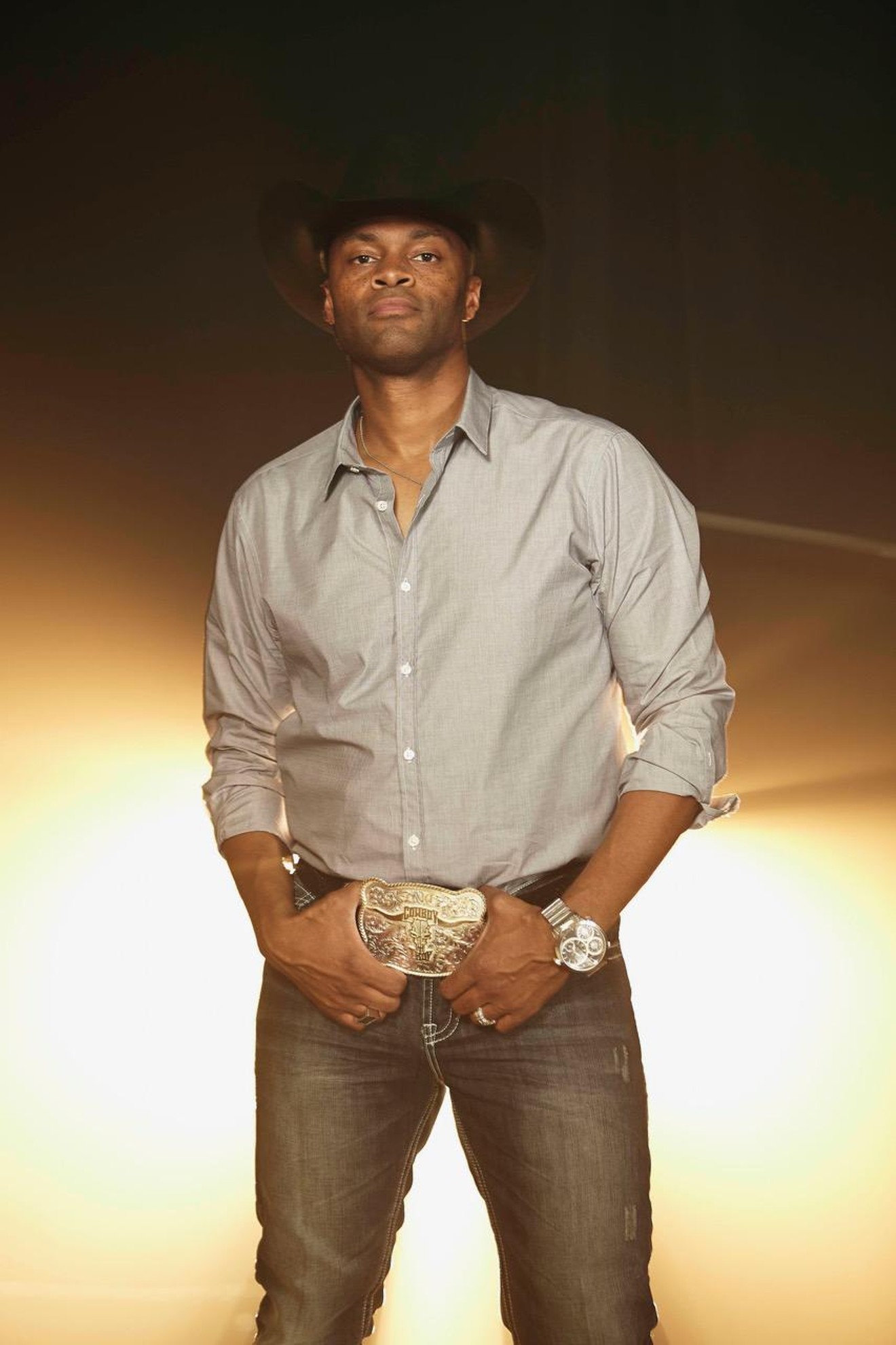“In the past 10 years, the genre most often associated with white people has seen growth with minorities,” according to a 2016 report from the Country Music Association. But the stigma behind some artists playing this kind of music remains.
Local country musician Jade Annette Flores says she has experienced these issues firsthand. Flores grew up in the small Texas town of Red Oak, which she says is predominantly white. Originally, she sang R&B, but she found that country music was what really spoke to her.
“[It’s] where my heart was,” Flores says. “I had comments in school like, ‘Why are you Mexican singing country music?’”
Flores says she felt she wasn’t accepted in parts of the country scene because she didn’t have blond hair and blue eyes. Additionally, she says she needs to know her stuff more than others playing country because she sometimes feels she is being quizzed on her knowledge of the genre.
“I actually had a gig out in San Antonio [where] I was performing for a farmers convention,” she says. “A lot of people were looking at me like, ‘You’re the only person here with dark hair and brown eyes.’”
In an article by Ed Will in the Denver Post, Frankie Staton, a Nashville performer who has mentored black artists, says it is not enough to be beautiful and black and sing a country song. To Staton, black musicians telling their own stories is what will bring them boldly into the country music scene.“I actually had a gig out in San Antonio [where] I was performing for a farmers convention. A lot of people were looking at me like, ‘You’re the only person here with dark hair and brown eyes.’” – Jade Annette Flores
tweet this
In 1996, Staton read a New York Times piece in which Tony Brown, a Nashville label chief, questioned why black artists would want to sing in a genre with such “straight notes.” The next year, Staton hosted a black country showcase at Bluebird Cafe in Nashville, according to mtv.com.
Eventually, Staton’s frustration with the lack of opportunities for black country singers led her to create the Black Country Music Association. The BCMA has helps up-and-coming singers record demos and set up gigs.
The problem, it seems, is not the fault of country’s listeners but is tied to the heads of the industry. Houston country musician Carl Ray says he has not encountered the same problems as other singers.
“I perform in places where I’m the only African-American, and I’ve never had a bad experience. The problem is not with the fans; it’s with the executives,” Ray says in an interview with The Guardian. “They’re trying to go with what’s worked before, and they’re trying to keep their job.”
Troy Lee Coleman, a country musician who goes by Cowboy Troy onstage, challenges this idea. Coleman predominantly plays “hick-hop music,” a mixture of country and rap music. He says nobody was playing this genre until he started doing it. When he got in the scene, he says, a majority of the opposition he faced was based on style preferences.
“After years of continuing to do it, I mean, if you show up enough, people assume you belong there because that’s what you’ve been doing,” Coleman says. “Now that you look around, there are more artists doing hick-hop music and country rap, so I guess I was justified in what I was doing.”
Many people have written about the genre’s debt to often-overlooked influences. Hidden in the Mix: The African-American Presence in Country Music challenges the idea of country music as “the white man’s blues.”












